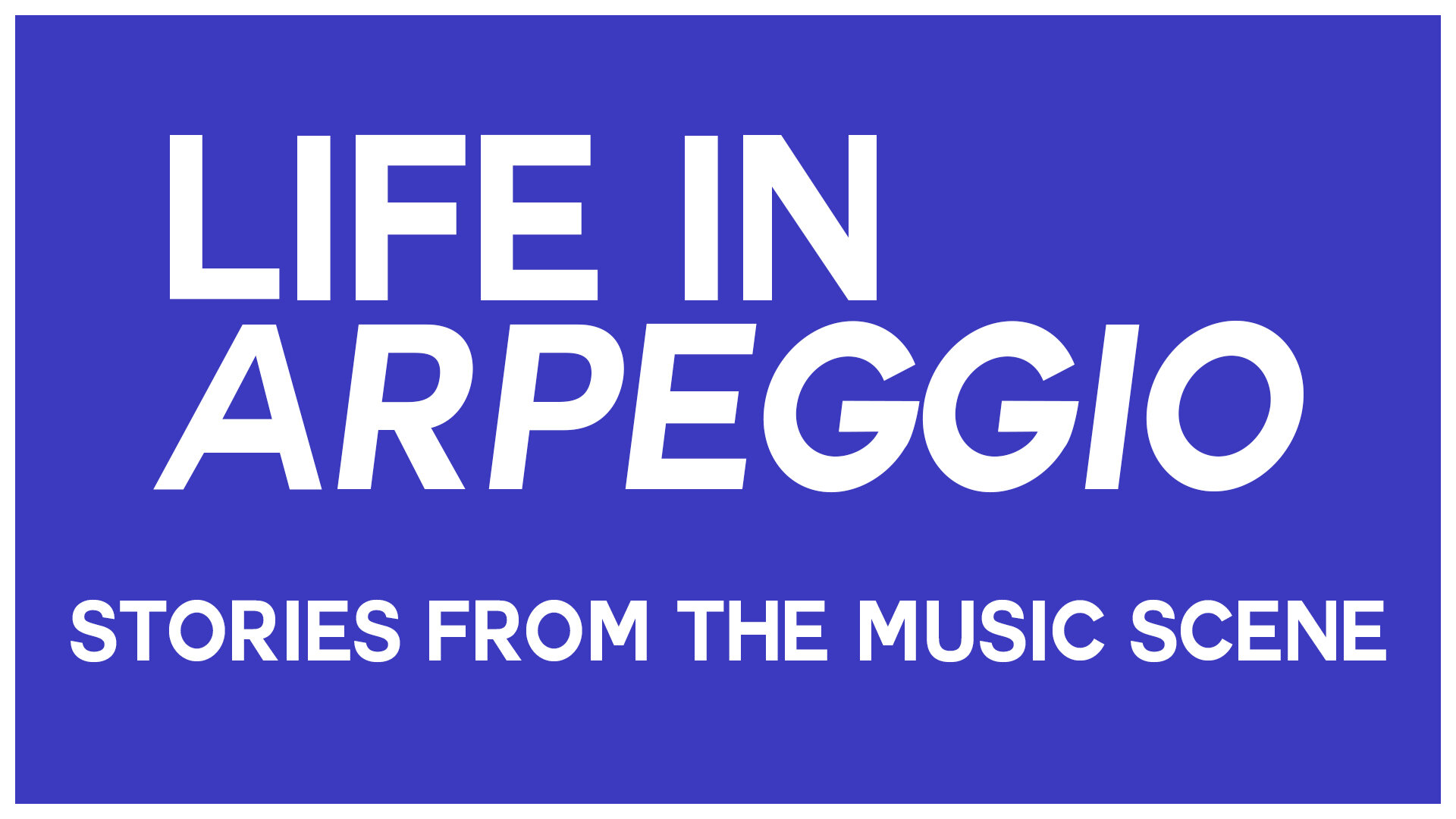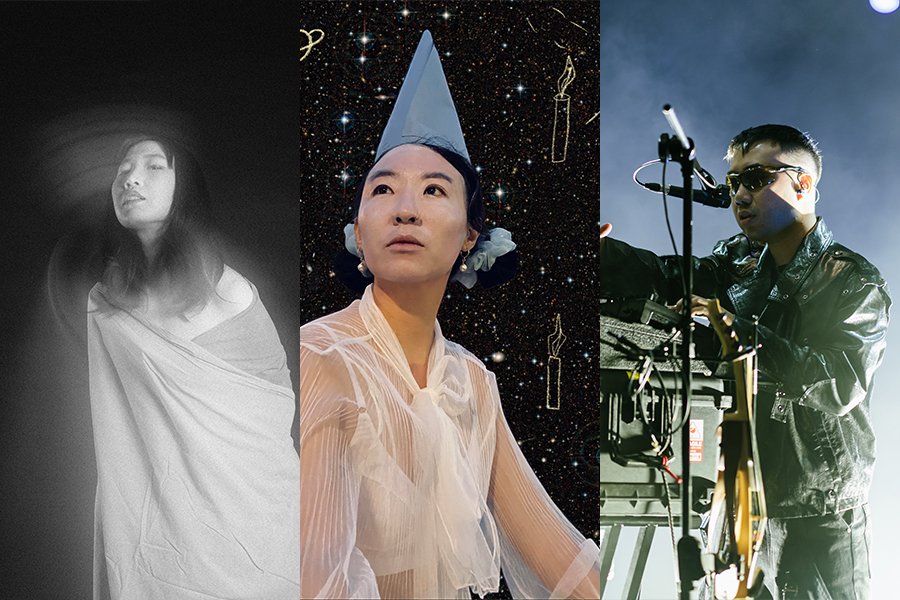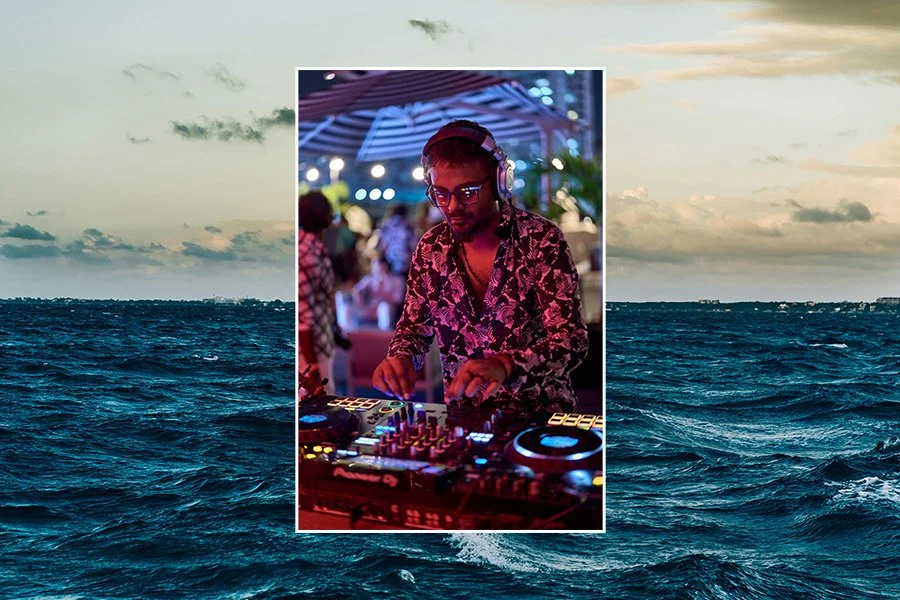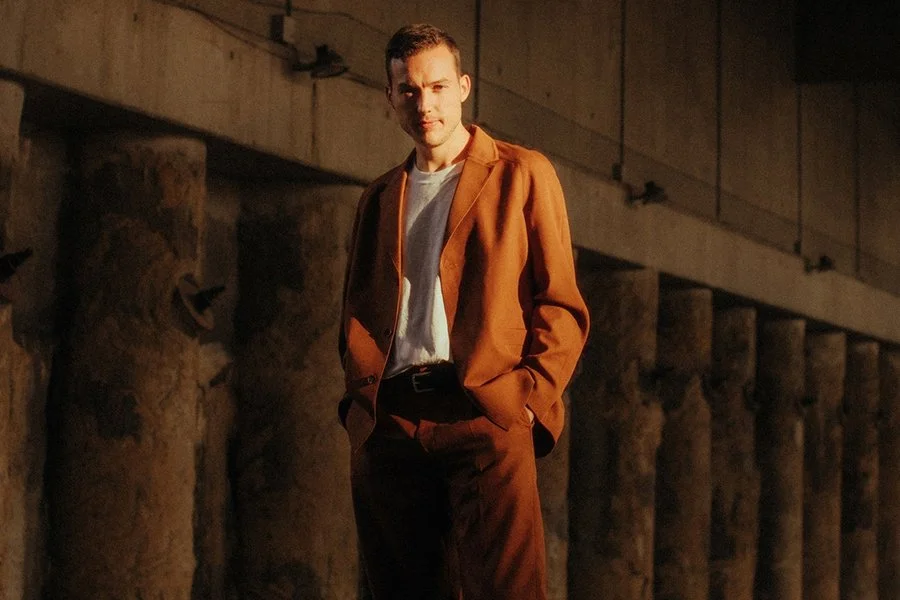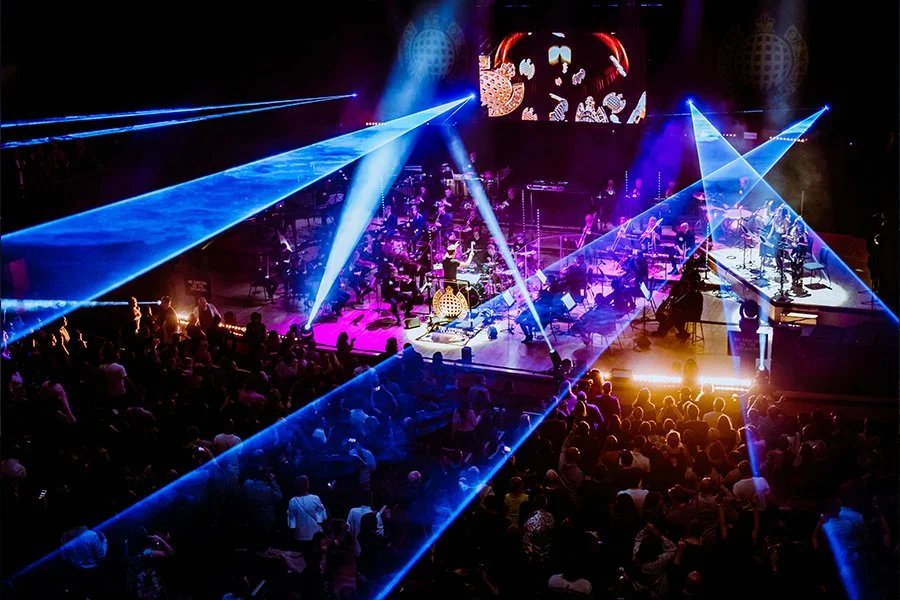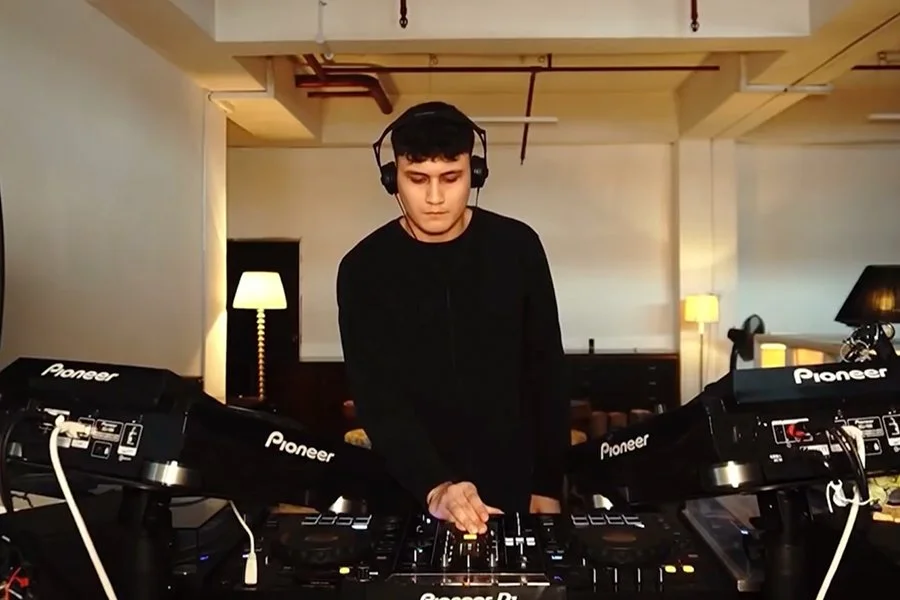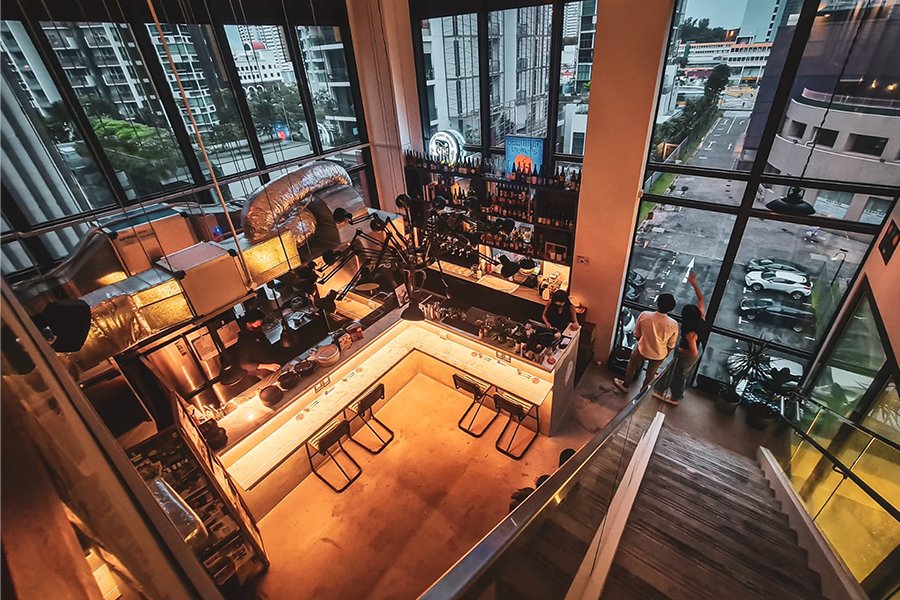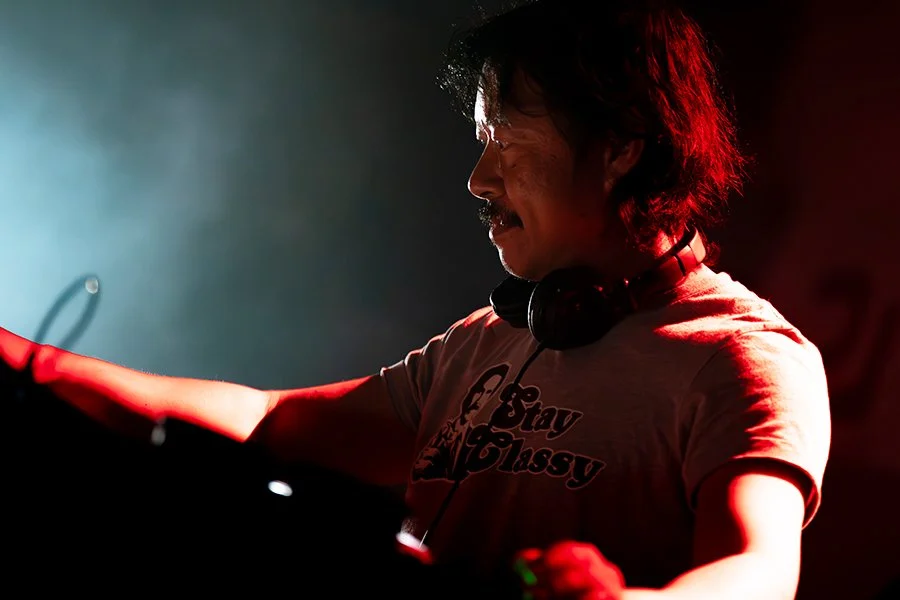Not Okay: A Confessional With EMONIGHTSG, The Alt-Anthem Party That Cuts Deep
At EMONIGHTSG parties, it’s okay to be not okay (Credit: EMONIGHTSG; all images were taken before the pandemic)
Let’s face it – the world is not okay. Nations are at war. Inflation is on the rise. Misery and heartbreak claim their victims. There’s plenty to be mopey about in this day and age, but within the nihilism lies glimmers of hope and escapism. Music, like many other passions, serves as that escape rope to yank you out of that doom and gloom, and there’s no genre that gets it quite as profoundly as emo. Across generations, emo has been that unfiltered mouthpiece that touches on raw themes of vulnerability, anguish and self-loathing. Overflowing with pain-stained relatability, accented with confessional lyricism and oft-raucous, drown-out-the-noise instrumentation, emo continues to be universally adored. And giving emo its voice, in the year 2022 at that, is the local scene phenomenon known as EMONIGHTSG.
EMONIGHTSG started out as a project amongst friends in 2016, paying homage to boisterous classics and anthems from the fields of emo, pop-punk, alt-rock and nu-metal. The idea turned into a sensation that spread like wildfire, popping up in local venues including kyō, Refuge, Cherry and Kilo Lounge. The tribute night gained traction through the years, landing invitations to perform at large-scale events such as F1 Singapore, Baybeats and the Singapore Rugby Sevens. EMONIGHTSG even managed to bring down several of its heroes for DJ and live acoustic performances, featuring the likes of Ryan Key from Yellowcard, Shane Told from Silverstein and Kyle Patrick from The Click Five. EMONIGHTSG had mastered a recipe that worked like gangbusters, and the appetite for its rollicking energy lingers on. Just ask the kids today if you need proof.
EMONIGHTSG has left its mark on the scene over the last six years (Credit: Jared Rezel)
Fast forward to a post-pandemic partyscape, and the EMONIGHTSG skippers are still whipping up fervent maelstroms on the dancefloor. A recent jaunt to the team’s The B-Sides event at Hard Rock Cafe – revelries that usually draw snaking queues – revealed an impassioned crowd of young-uns moshing and belting along in unison to hits from The Red Jumpsuit Apparatus and Taking Back Sunday. One would’ve easily mistaken the controlled pandemonium to be a snapshot from the early 2000s, when emo was arguably in its prime. Which begs the question... how?
Just how are these kids, who are undoubtedly facing their own demons in life, stumbling upon these songs from a prior troubled generation? Perhaps it’s the never-ending spiral of suffering that’s preserving the evergreen edge of emo, or the serendipitous discovery of anthems on streaming platforms; much like how us older folks found these treasures on MySpace and MTV. Whatever their avenue, it’s clear that they’ve found a new home for their feelings in EMONIGHTSG. The kids are not okay, and the flagbearers of EMONIGHTSG are happy to oblige.
In this interview, I speak to the trio of Look Ma, No Hands, the chieftains behind EMONIGHTSG. With plenty of heart, they spill their emotions about the meteoric rise of their unstoppable brainchild – bruises and all.
The current EMONIGHTSG crew consists of Edwin Waliman, Bryan Ulric Sta Maria and Amelia Chen (Credit: Jared Rezel)
Hey emo squad. Emo is one of those nostalgic movements that many of us millennials hold dear. Why is it important to keep this sound alive for the next generation? What does emo mean for y’all personally?
Bryan: Music is the most accessible it has ever been, and I believe that music and artists hold so much power within society to shape culture, influencing people's wants and aspirations (and even fashion sense and hobbies). Not to be cheesy, but the Spider-Man quote seems very applicable at this time – “With great power comes great responsibility”. When I survey the music landscape of today, the majority of popular music seems to be directing the listener to a path that eventually ends up with a conversion into a customer of some sort of product.
Beyond the visual aesthetics and musical tropes of the “emo” era, a lot of the music written associated with “emo” carried themes of honesty and hope. That is what I resonate with the most. A lot of it are personal accounts from the artist and stories of battling through a difficult time in life, being vulnerable and admitting that “I’m not okay” or garnering the strength to say “I won’t back down this time”. I personally feel that this level of vulnerability and self-awareness brings about empowerment to those who feel the same. I think that’s what we’re preserving or rather what we’re celebrating – empathy and honesty in music.
At EMONIGHTSG, dancefloors can turn into mosh pits (Credit: Jared Rezel)
Amelia: This era of music has personally helped to shape a big chunk of who I am and taught me a lot about how to navigate the world today. Listening to the music back then taught me empathy before I even knew what that was, and it was a source of hope and comfort for moments of vulnerability I didn’t yet know how to confront or acknowledge. Almost like speaking in a language that you need not understand to relate to; that’s an incredibly powerful mode of communication for me.
On top of that, the messages aren’t laden with ideas that fan egos or put superficial standards on pedestals, which is a lot of what you hear in popular music today; it just feels like a very honest sharing from one person to another. For listeners who haven't yet experienced empathy, music like that can really move and change them. What I especially love is the byproduct of this music, which is a sense of community and unity amongst people, and encouraging people to have more empathetic and compassionate relationships with one another. These are fundamental values that, if more widely deployed, could right a lot of the wrongs we see in societies everywhere.
I am a firm believer of how powerful a tool music can be if wielded right, because it can truly embolden the listener and even galvanise them into taking action for causes they believe in. Honest music like that is extremely important to keep alive and share, because in a world bombarded with a silly amount of things that are mostly distractions from what’s important, ensuring that honesty and truth prevail is paramount not just now, but for generations to come. I only hope musicians today strive to create music that’s honest.
“The best part of EMONIGHTSG and the music that we play is that it’s unapologetic. You either love it or hate it.” (Credit: Jared Rezel)
Look Ma, No Hands are very self-aware that they aren’t your average ‘DJs’, but it works (Credit: EMONIGHTSG)
Actually, how do you think the young kids today (Gen-Zs) are keeping tabs on this emo phenomenon, considering it had its zeitgeist in the 2000s? Where are they getting this knowledge from? Are the kids today still emo?
Edwin: It’s something that we would like to know as well to be honest! From a sociological standpoint, most of the kids who grew up with this type of music are now at the stage of their lives where they can make influential decisions and shape culture. The accessibility of platforms such as TikTok, Spotify and YouTube makes it really easy for listeners to discover and filter out the kind of music that they like. They just need to find that one gateway song to spark curiosity for other songs in this realm.
Bryan: Initially I was surprised too. But when I look back at my life, I realised that I got into heavier music and playing in bands in secondary school, and the main influence were songs sent by friends via MSN. It somehow resonated with me and the rest of my exploration was on my own, be it MySpace, PureVolume and Kerrang/RockSound magazine from The Esplanade library. Gen-Zs came into this world with smartphones at their disposal. So it shouldn’t shock me that they could draw influence from anywhere about anything. And the music speaks for itself. If it resonates, it resonates. The best part of EMONIGHTSG and the music that we play is that it’s unapologetic. You either love it or hate it, and that in itself sets an auto-filter.
All three members of EMONIGHTSG take turns on the decks (Credit: EMONIGHTSG)
Amelia: The term emo was probably used the most in the early 2000s, but really the music and the messages are not specifically for people born in that era. It’s for anyone who can appreciate, honest, empathetic music. So if emo shall be the umbrella term for honesty and empathy, then yes, there are kids today who are emo and I think there will always be people who are emo. As for how they’re discovering the music is a question I always ask the new faces I see at our events – especially the younger ones! Social media and music streaming platforms make it incredibly easy for people to access all sorts of music today, so their discovery of the music whether by chance or deliberate is not surprising. But many I spoke to actually have discovered it the same way I have, which is through an older sibling passing on what they’ve listened to and loved.
When parties came back, EMONIGHTSG saw a huge turnout in attendance which even made national headlines. How did y’all react to this buzz? And is this the kind of publicity that’s manageable?
Edwin: I don’t think any event organiser wants to attract negative attention. When we were planning our first event back, we debated a lot about the best approach for each logistical aspect of the event, because there were a lot of new elements that we had to introduce for the first time. We had to work with new external vendors and had to constantly rework our plan whenever there were announcements about new regulations for hosting events.
Surf safe! (Credit: EMONIGHTSG)
I suppose there was a bit of naivety, in going with the mindset of “let’s just go with it, and see what happens and adapt accordingly”. But oftentimes, the theories don’t always add up in practice. No matter how much we plan, there will always be unforeseen scenarios that take place on event days that we just have to resolve on the fly.
In the end, we decided to retain the ticketing format of our past events (ticketing at the door, no pre-sales) because we felt that was still the fairest way for people to experience our event. Despite how packed our events got in the past (pre-2020), they’ve always been relatively manageable. We really did not expect THAT level of turnout. It was not a nice feeling having to turn people away and disappointing so many people. It’s something that we still feel a sense of regret and guilt for whenever we look back, but we’ve learned so much from it and it’s something we don’t want our community to experience again.
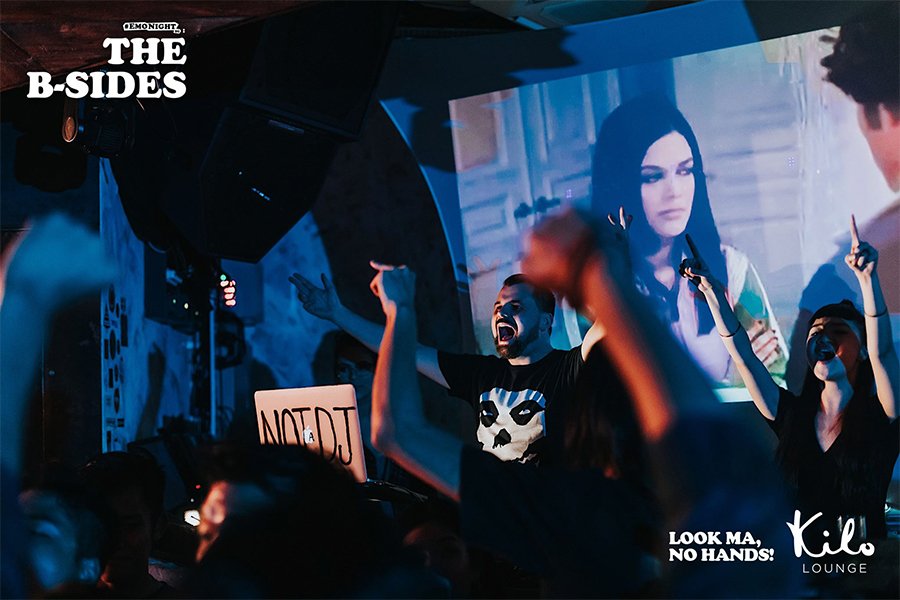
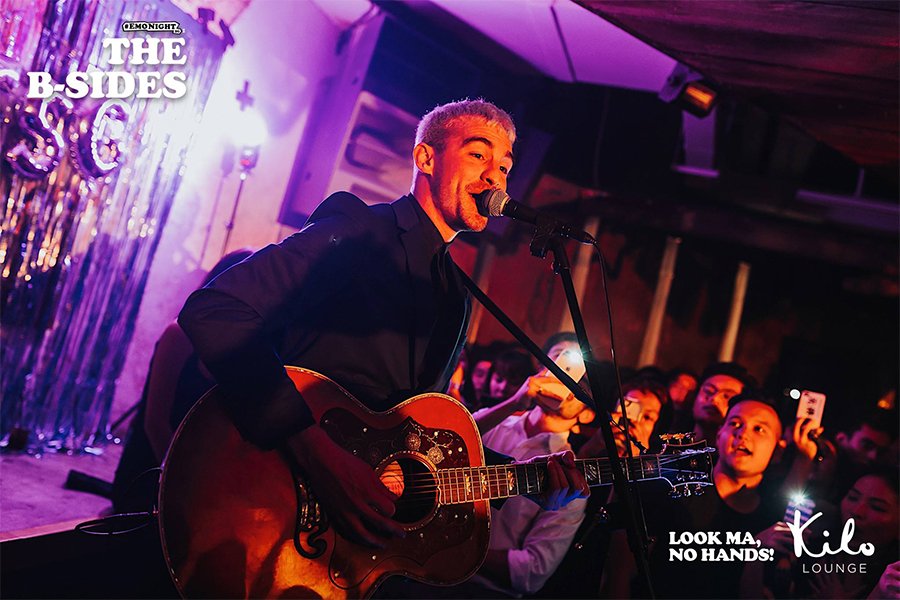
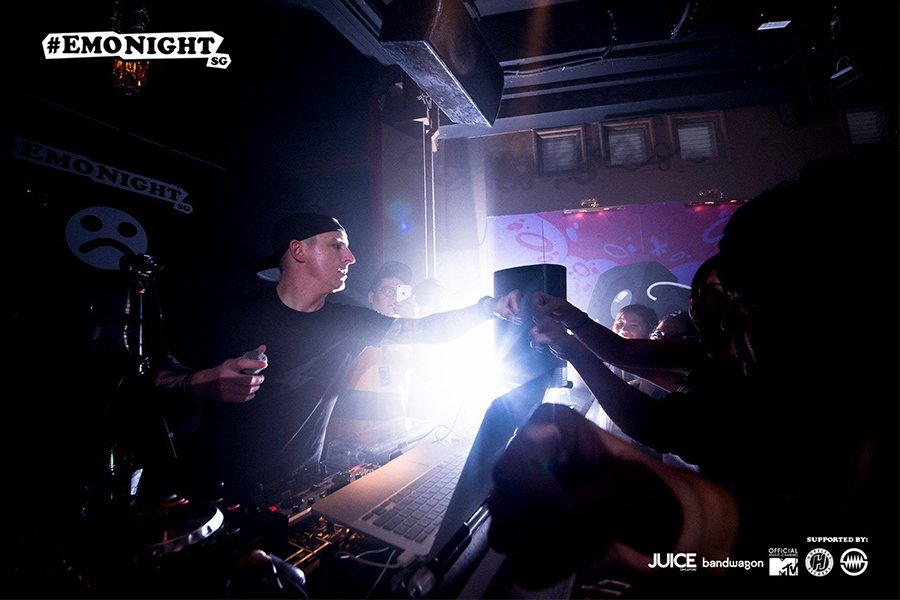
EMONIGHTSG has hosted past acts including Shane Told (Silverstein), Kyle Patrick (The Click Five) and Ryan Key (Yellowcard)
Is emo the only genre played at your events these days? What else makes the cut?
Bryan: Honestly we’re not purists about anything and the music we play at EMONIGHTSG spans the entire “Warped Tour” spectrum and beyond. But one thing that remains constant is that we believe in the messages behind the songs that we play.
EMONIGHTSG grew from a humble idea into a household name that’s had countless parties over the years. How do you feel about the series’ evolution? Did y’all expect it?
Bryan: Not at all. None of this was expected. What started off in a 40pax room as a tiny party for our friends has turned into this monthly staple and it’s something we didn’t plan for. Every month is a reminder that there’s a growing community of people who resonate with the music. Living in a social climate like Singapore, it’s easy to feel like you don’t fit in. But every month I get reminded that I'm not alone.
Amelia: We really had zero expectations of what it would become and I am so so happy to see the family that we have today. It really warms my heart and makes me so thankful to be able to experience a genuine community and connect with the people who show up every month. I hold this very dear.
“We’re literally three friends (with no formal business education) who just want to do cool things with stuff we genuinely care about.” (Credit: Jared Rezel)
And to wrap up, is EMONIGHTSG still made up of the core team that put it together? How has the dynamic changed over the years?
Edwin: There were originally four of us who started EMONIGHTSG seven years ago. About three years in, one of the founders left and the three of us (Amelia, Bryan and I) have carried the torch ever since. In terms of dynamics, I guess we are all clearer about our roles and what we bring to the table. Our responsibilities are more defined so we can lean on each individual’s strengths. It really helps that we’re all friends first so there’s a level of trust, genuine care for one another and the EMONIGHTSG community’s best interest at heart.
Bryan: Maybe we’re a little more familiar with each other's patterns I guess. Yeah, apart from that, nothing much has changed. We’re literally three friends (with no formal business education) who just want to do cool things with stuff we genuinely care about.
Amelia: I just gotta say how lucky I am to be able to work with people who I would call my best friends, and the fact that our friendship isn’t ruined yet is a win and testament to what we have. We’ve learnt to be a team professionally and we’re constantly refining it as we go, but I’m just glad I’m doing it with these guys.
(Credit: Jared Rezel)
(Credit: Jared Rezel)
(Credit: EMONIGHTSG)
Follow upcoming activities of EMONIGHTSG on their Instagram and Facebook pages.
